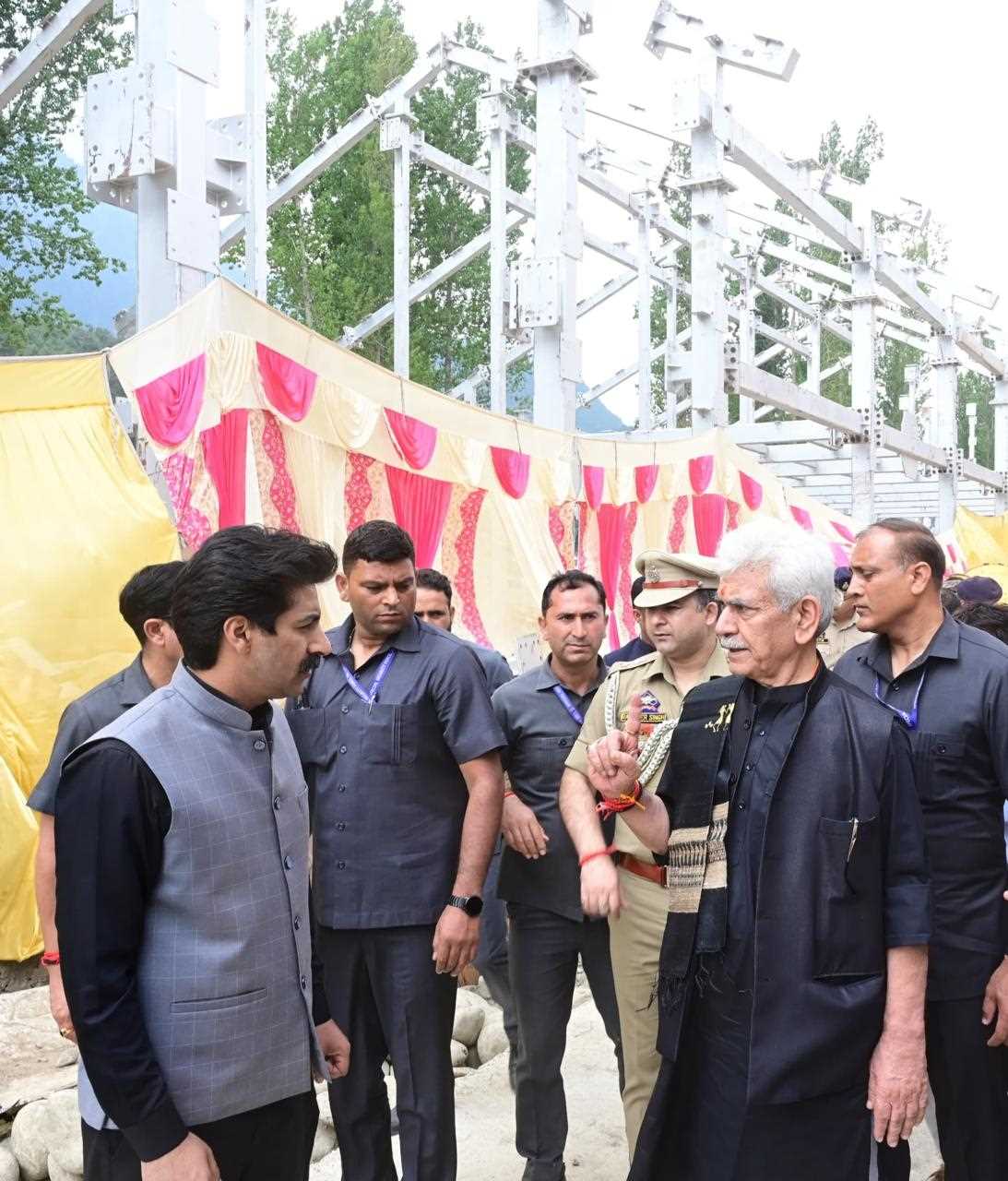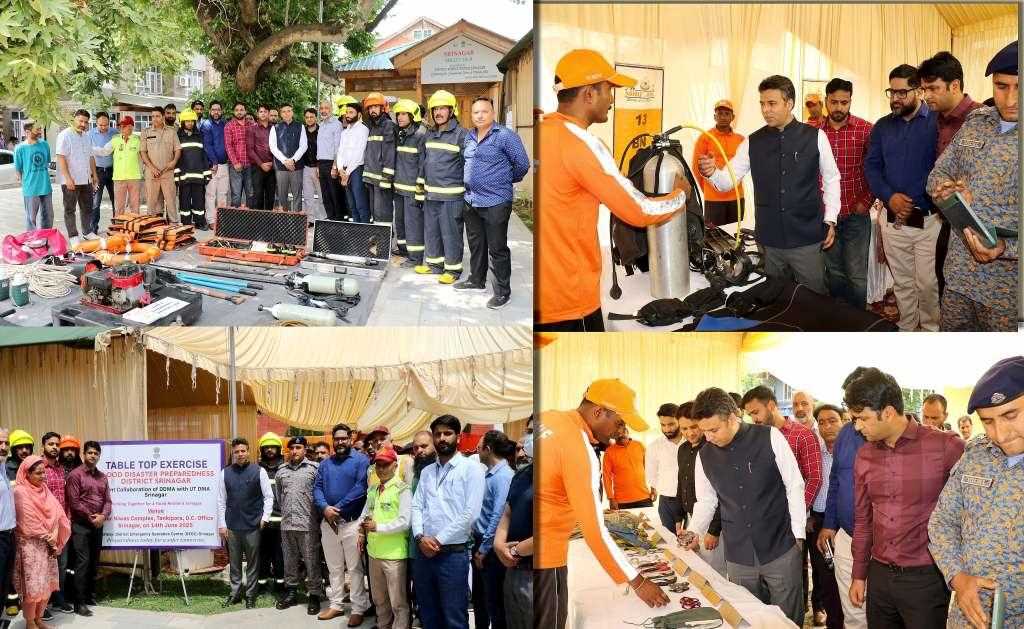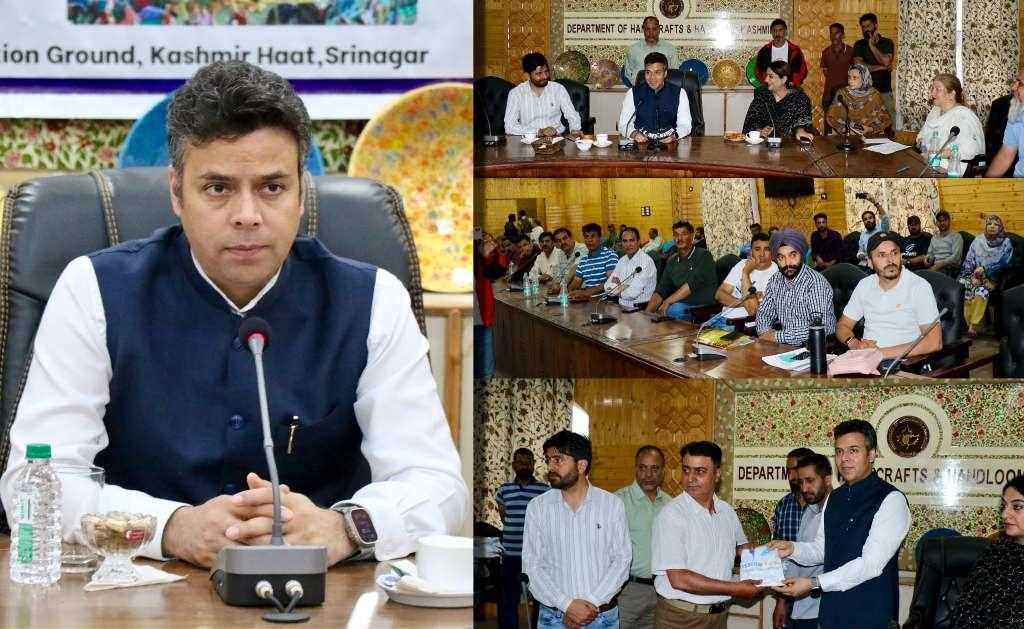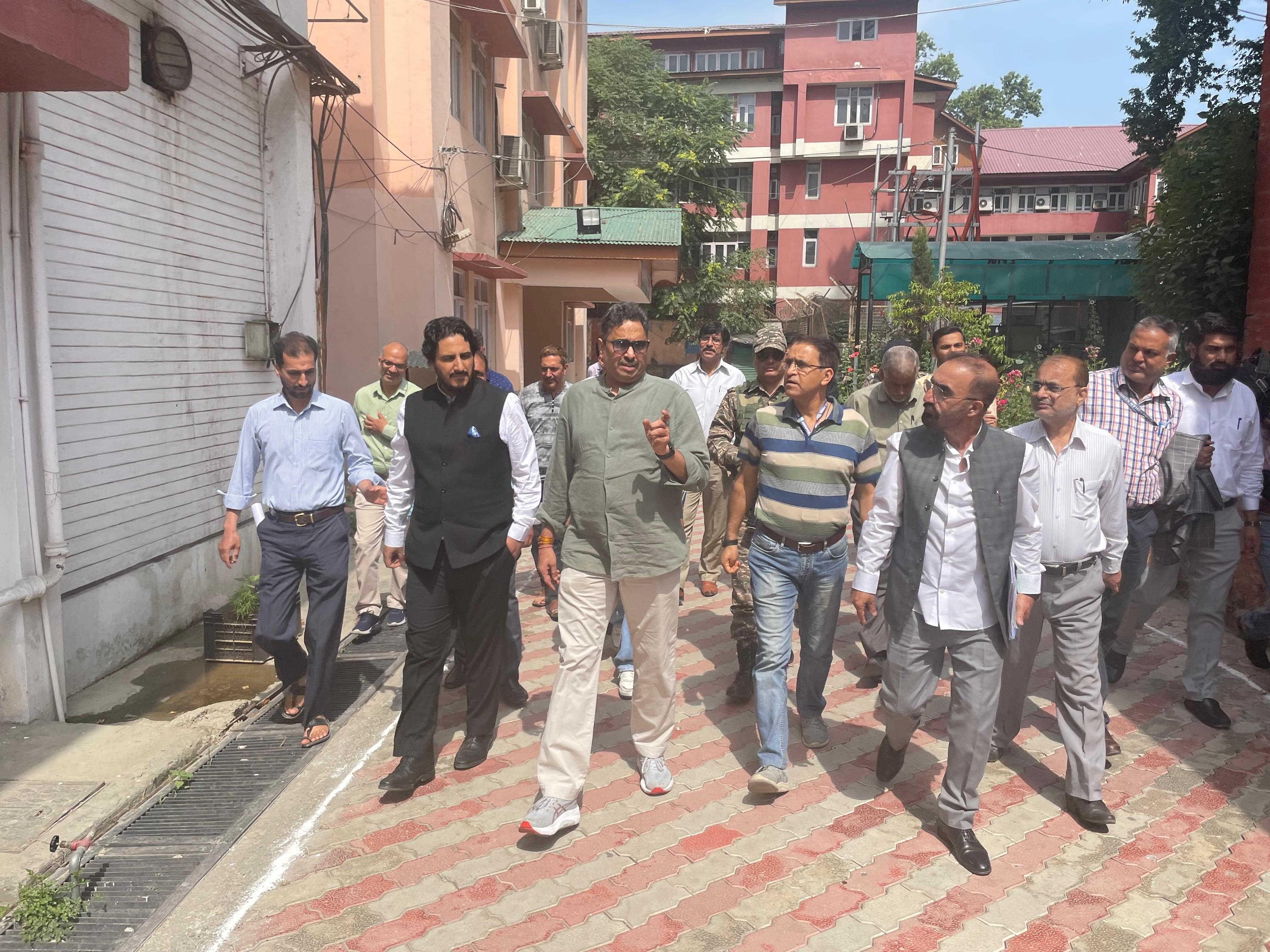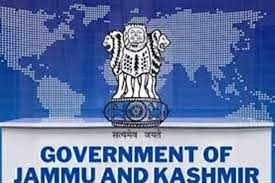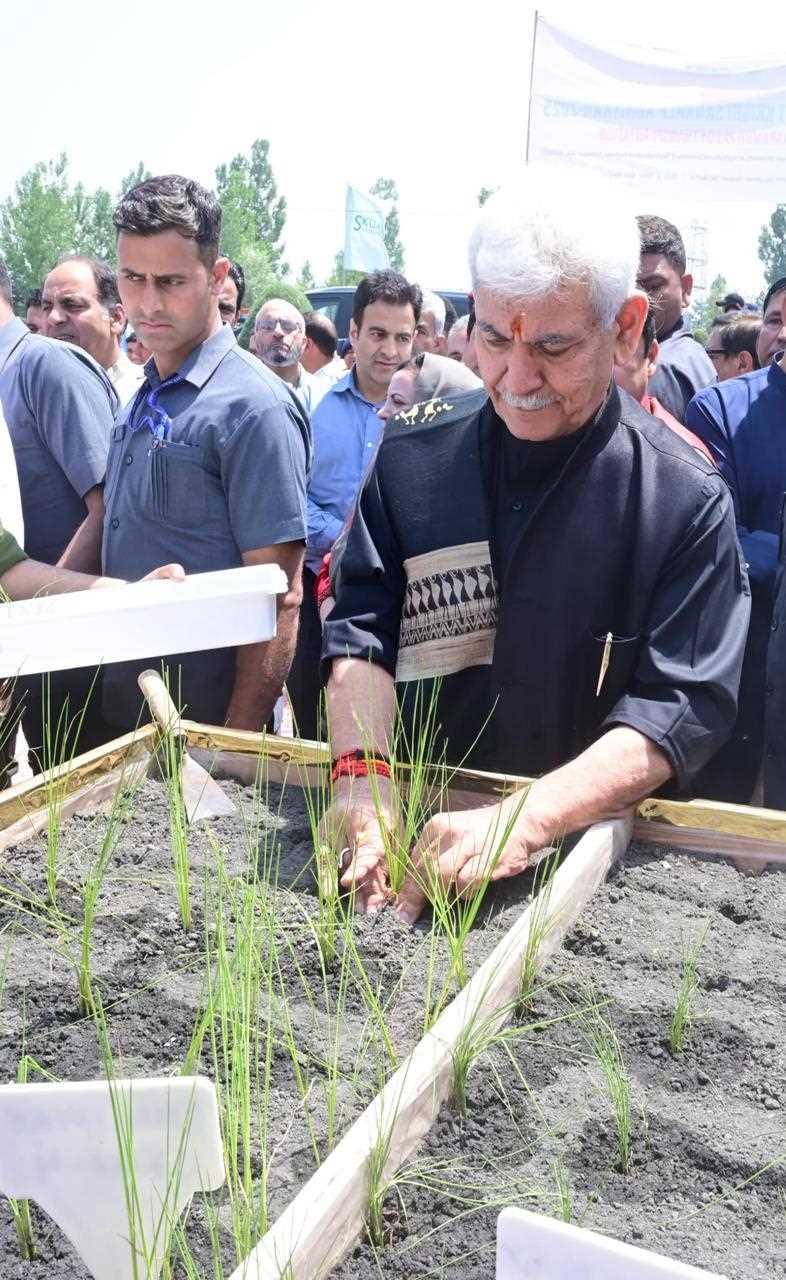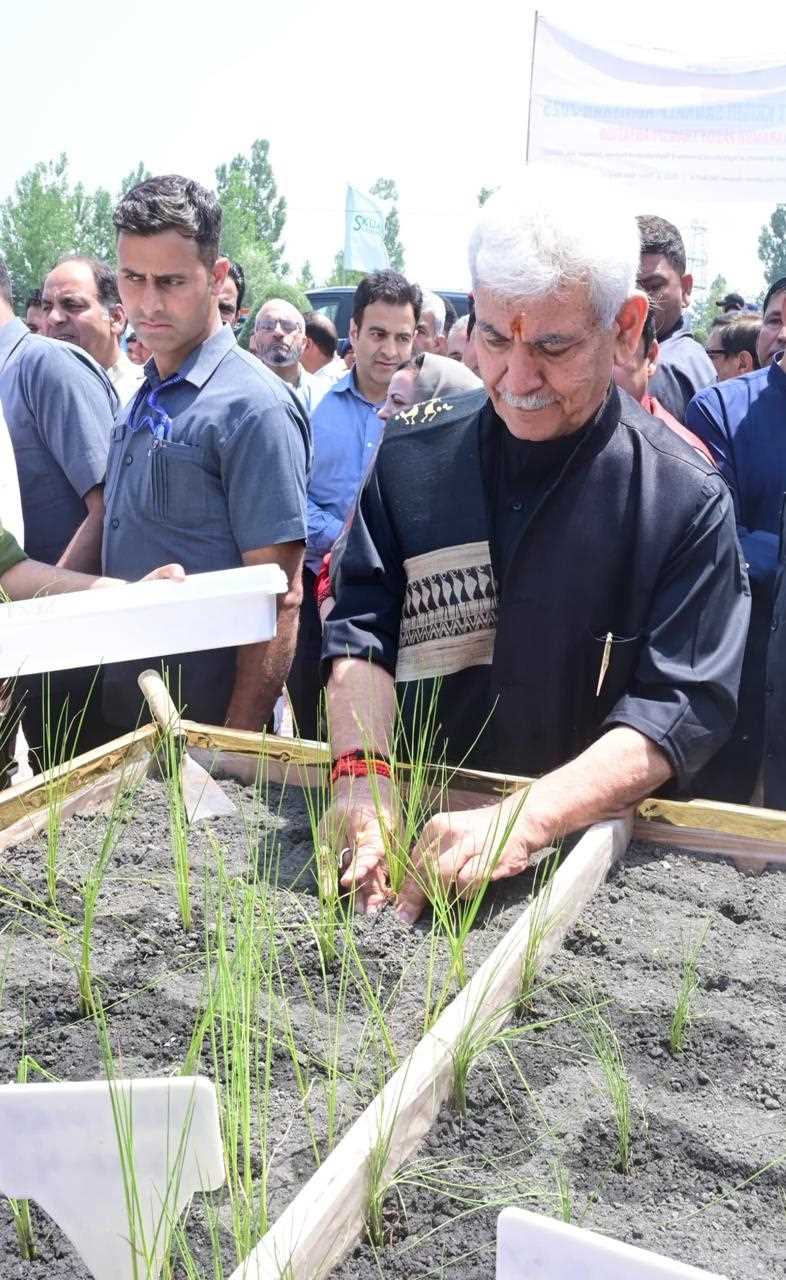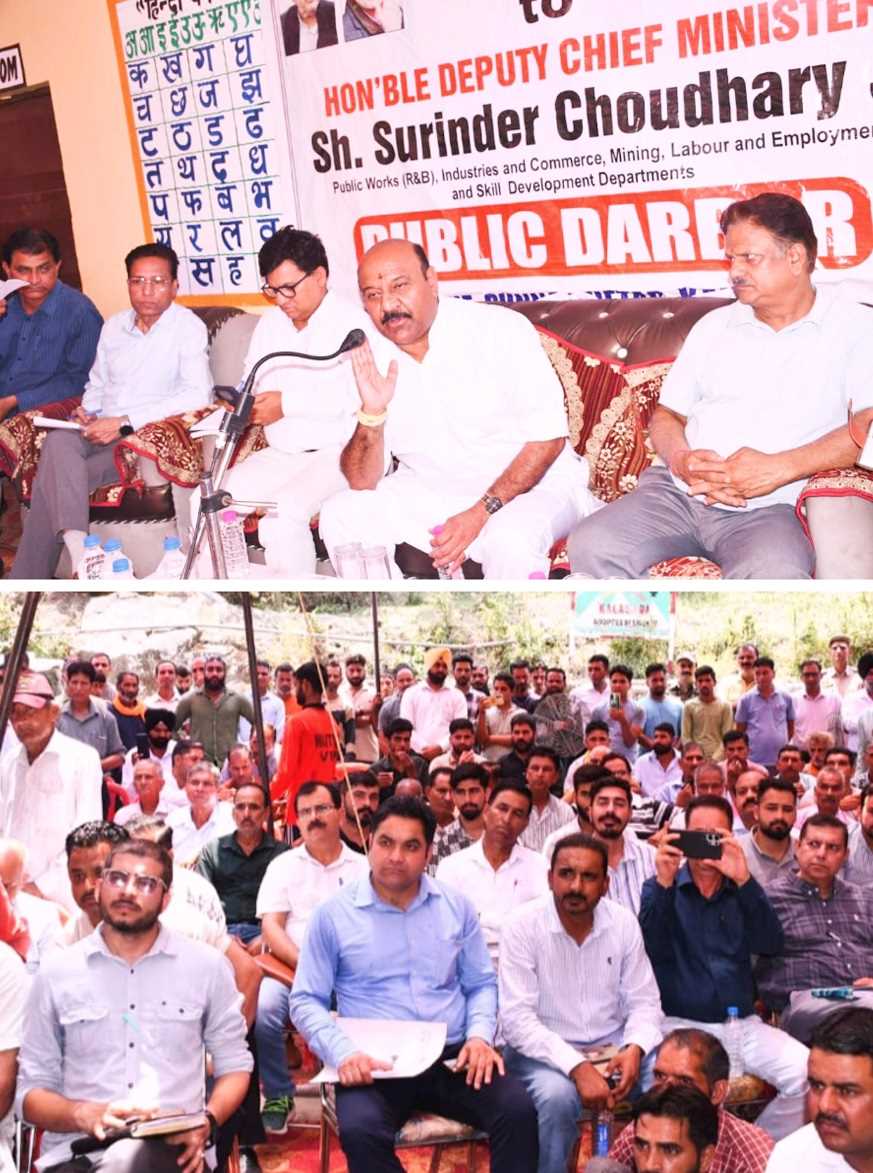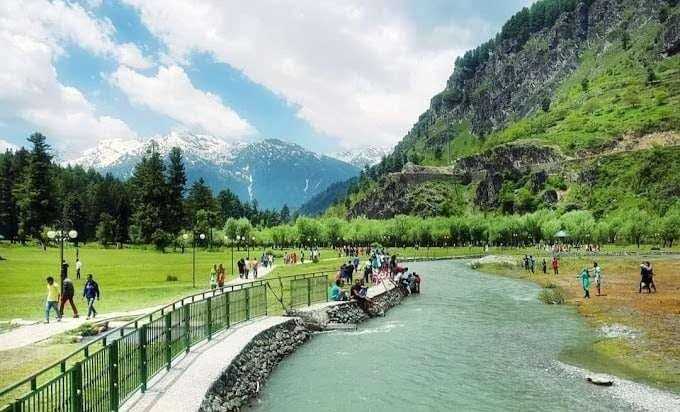U.S. President Donald Trump’s executive order curtailing birthright citizenship is poised to have significant consequences for the Indian community, particularly for students, professionals, and families residing in the U.S. The order, which restricts the automatic granting of U.S. citizenship to children born to parents who are unlawfully present in the country or on temporary visas, could create new hurdles for Indians who aspire to establish long-term roots in the U.S. Indians constitute one of the largest immigrant communities in the United States, with a strong presence in sectors such as technology, healthcare, and academia. Many Indian professionals enter the U.S. on temporary work visas like H-1B, while thousands of students pursue higher education on F-1 visas. This executive order introduces uncertainty for such individuals who may have planned their futures based on the assumption that their children, if born in the U.S., would automatically be granted citizenship. Now, with this pathway restricted, Indian families will have to reconsider their long-term plans, and many may feel discouraged from pursuing opportunities in the U.S. For Indian students and professionals, this move could present significant challenges. Many Indian expatriates often plan their careers and family lives around the advantages U.S. citizenship offers, including access to quality education, healthcare, and job opportunities. The inability to secure citizenship for their U.S.-born children could complicate matters such as obtaining legal residency, educational benefits, and future job prospects. It could also impact Indian women who travel to the U.S. temporarily, either for work, tourism, or medical reasons, and unexpectedly give birth during their stay. Under the new rule, their children would not be eligible for U.S. citizenship, potentially leading to bureaucratic complications and legal hurdles when seeking residency or educational opportunities in the future. The executive order also raises broader concerns about the legal and social treatment of immigrant communities, reinforcing an environment of uncertainty. Indian families, who have traditionally viewed the U.S. as a land of opportunity and fairness, may now perceive a shift in the country’s stance on immigration. As a result, the appeal of alternative destinations such as Canada or Australia, which have more immigrant-friendly policies, could grow. From a geopolitical perspective, this move could strain U.S.-India relations, given the substantial Indian diaspora’s contributions to the U.S. economy. Indian leaders and policymakers may push for exemptions or clarifications to ensure that highly skilled Indian professionals and their families are not unduly affected. The order presents new challenges for Indians in the U.S., disrupting long-held plans and adding layers of complexity to their American dream.


